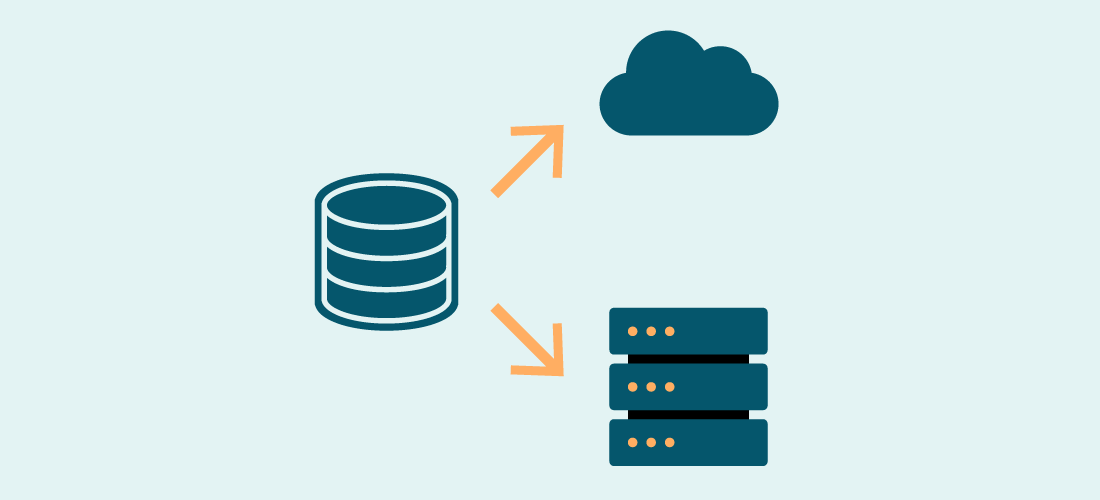by admin
Share
Why Disaster Recovery Is Essential in IT
In today’s digital world, organizations rely heavily on IT systems to run their day-to-day operations. But what happens when something goes wrong—whether it’s a cyberattack, hardware failure, natural disaster, or even human error? That’s where disaster recovery (DR) steps in.
Disaster recovery isn’t just an IT buzzword—it’s a critical component of any resilient business strategy. Below, we’ll explore why disaster recovery is essential and what makes it such a vital part of modern IT infrastructure.

1. Protecting Against Data Loss
Data is one of the most valuable assets any organization possesses. From customer information and financial records to intellectual property, losing data can be catastrophic. A strong disaster recovery plan includes regular backups and data replication to ensure that critical information can be restored quickly, even if primary systems are compromised.
2. Minimizing Downtime
Every minute of downtime costs money. Whether you’re running an e-commerce site, managing online services, or supporting internal users, unexpected outages can bring productivity and revenue to a halt. Disaster recovery strategies enable rapid recovery of systems, keeping downtime to an absolute minimum.
3. Safeguarding Business Continuity
When disaster strikes, the goal isn’t just to recover—it’s to keep the business running. With a robust DR plan in place, organizations can maintain operations even while working through a crisis. This includes access to backup systems, alternative communication methods, and predefined recovery procedures that help teams respond effectively.
4. Ensuring Regulatory Compliance
Many industries are subject to strict data protection and uptime regulations. Whether it’s GDPR, HIPAA, or PCI-DSS, failure to recover lost data or maintain service availability can lead to hefty fines and legal consequences. A disaster recovery plan helps demonstrate compliance and accountability.
5. Preserving Brand Reputation
Downtime and data breaches don’t just affect operations—they impact your reputation. Customers, partners, and stakeholders expect reliability. A fast, effective disaster recovery response shows that your organization is prepared, trustworthy, and committed to protecting their interests.
Final Thoughts – Disaster recovery is not an optional add-on—it’s a business imperative. As threats evolve and systems become more complex, the need for a well-defined disaster recovery strategy only grows. Whether you’re a small business or a global enterprise, investing in DR is investing in your future resilience.
Need help building or evaluating your disaster recovery plan? Let us help with right the tools, strategies, and best practices that can keep your organization safe and secure , book in a free consultation today.
STAY IN THE LOOP



